In the field of cryptocurrency, the well-known Web3 tool PandaTool has been committed to providing users with convenient and secure tools to create and manage tokens. Recently, PandaTool officially announced that its one-click token issuance function has added support for Blast and Polygon, two public chains. This move not only enhances user diversity in choice but also injects new vitality into the development of the Blast and Polygon ecosystems.
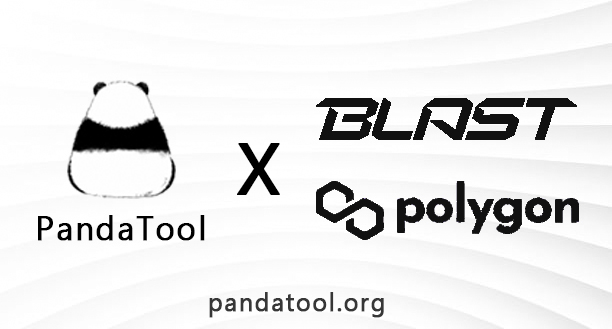
Why Blast?
Blast is the only Ethereum L2 that provides native yield for ETH and stablecoins. While there are many L2s, Blast is the only one with yield.
How to understand the yield? Simply put, when you cross-chain ETH and stablecoins from the Ethereum mainnet to the BLAST chain, ETH and stablecoins in your wallet will automatically generate compound interest. The yield for ETH is 4%, and for stablecoins is 5%, a feature that does not exist on other L2s.
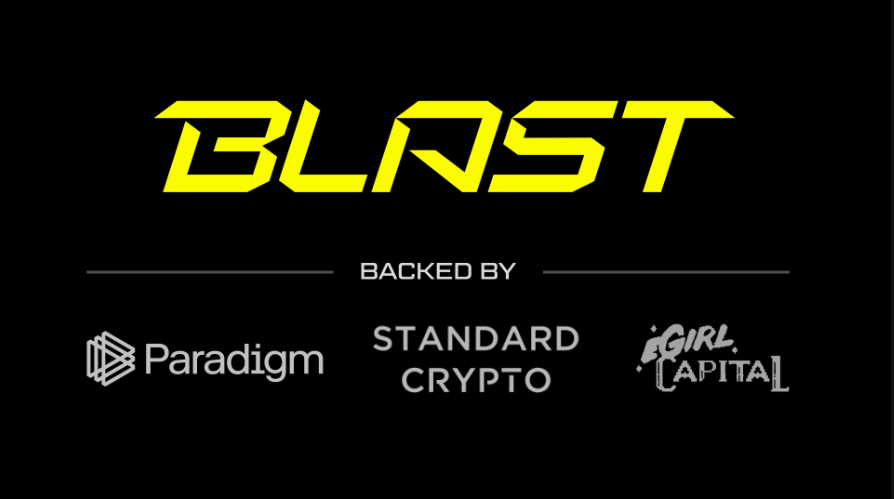
However, Blast is a relatively new chain compared to mature blockchains. Its ecosystem and user base are relatively small, and its stability in large-scale applications needs further verification.
The support from PandaTool can effectively address this issue. As the strongest one-click token issuance platform, PandaTool, with its large user base and seamless user experience, will inject new vitality into BLAST, mainly with the following positive impacts:
Accelerate ecosystem development: PandaTool's users can easily create tokens on Blast, which will attract more developers and projects to join the Blast ecosystem, driving the rapid expansion of the ecosystem.
Increase trading volume: Token creation and management through PandaTool will significantly increase the trading volume on the Blast chain, enhancing network activity.
Enhance user trust: PandaTool's smart contracts and transparent data management allow users to operate on Blast with greater confidence, enhancing user trust in Blast.
Why Polygon?
Polygon (formerly Matic Network) is an Ethereum-compatible scaling solution that is widely popular for its high scalability and low transaction fees. The Polygon Network we are familiar with is a proof-of-stake (PoS) sidechain and one of the first products to go live in the Polygon ecosystem. The essence of a sidechain is a parallel chain connected to another blockchain.
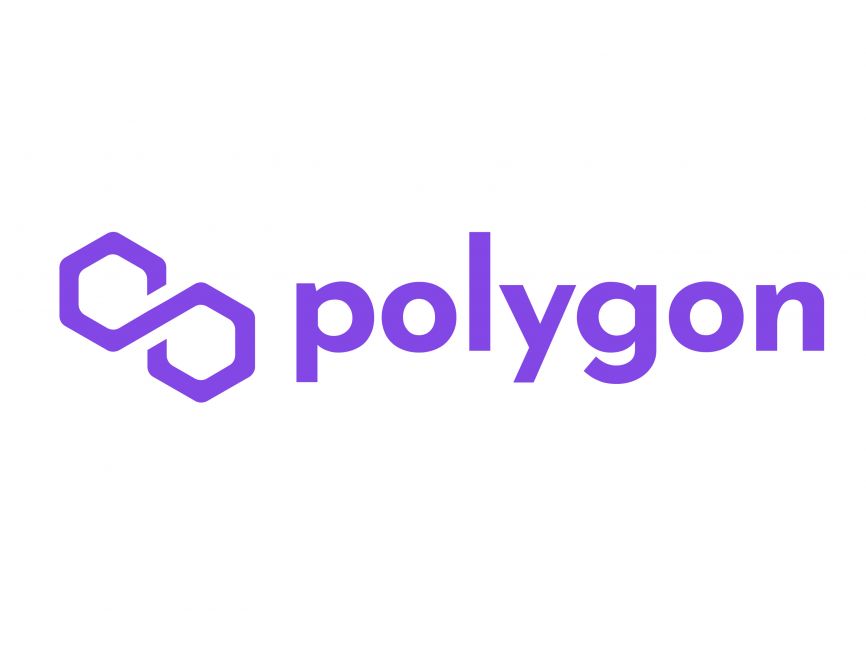
Compared to Blast, Polygon already has extensive applications and partners, making it a highly active blockchain network. Its core advantages are fast speed and low fees. However, with the maturity of Layer2 technology, Polygon faces significant pressure from other emerging Layer2 networks and needs to innovate continuously to maintain its market competitiveness. In such a complex competitive environment, PandaTool's support for Polygon is of great significance:
Expand application scope: PandaTool's one-click token issuance function enables more projects to deploy and operate quickly on Polygon, further enriching Polygon's application scenarios.
Lower technical barriers: Even users without programming experience can easily create tokens on Polygon through PandaTool, greatly reducing the technical barriers to entry into the Polygon ecosystem.
Enhance ecosystem diversity: PandaTool's various token creation modes and rich smart contract templates will inject more innovation and diversity into the Polygon ecosystem.
Why PandaTool?
As the strongest one-click token issuance platform, PandaTool has always been at the forefront of blockchain technology innovation, committed to expanding to more public chains.
In January of this year, PandaTool expanded its functionality to the Solana chain, becoming the first one-click token issuance tool for Solana. In April, it expanded to the TON chain, also the first Chinese token issuance tool on the TON chain.
The support for Blast and Polygon this time signifies PandaTool's continuous deep cultivation of the EVM. PandaTool's diversified smart contract and template mechanisms drive the standardization process within the EVM ecosystem, promoting compatibility and collaboration among different chains.
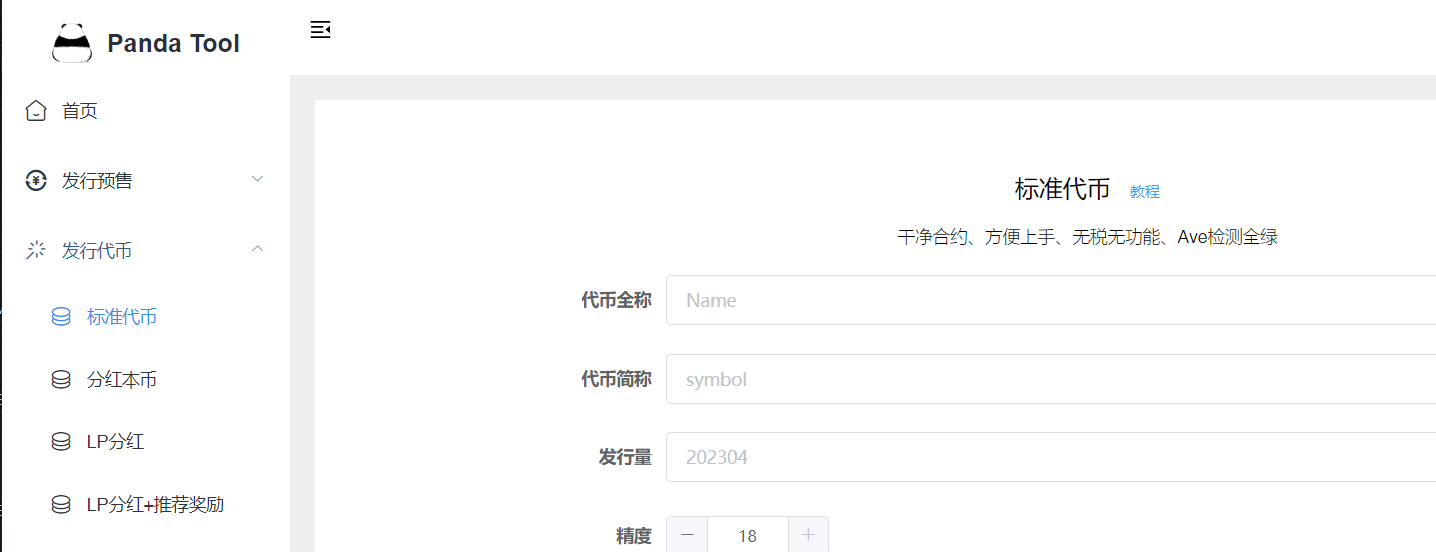
How to issue tokens on Blast and Polygon?
As emphasized before, PandaTool provides users with a low-threshold one-click token issuance tool, allowing anyone to issue tokens without understanding code or having technical reserves, and the entire process will not exceed 5 minutes. The specific operation process is as follows:
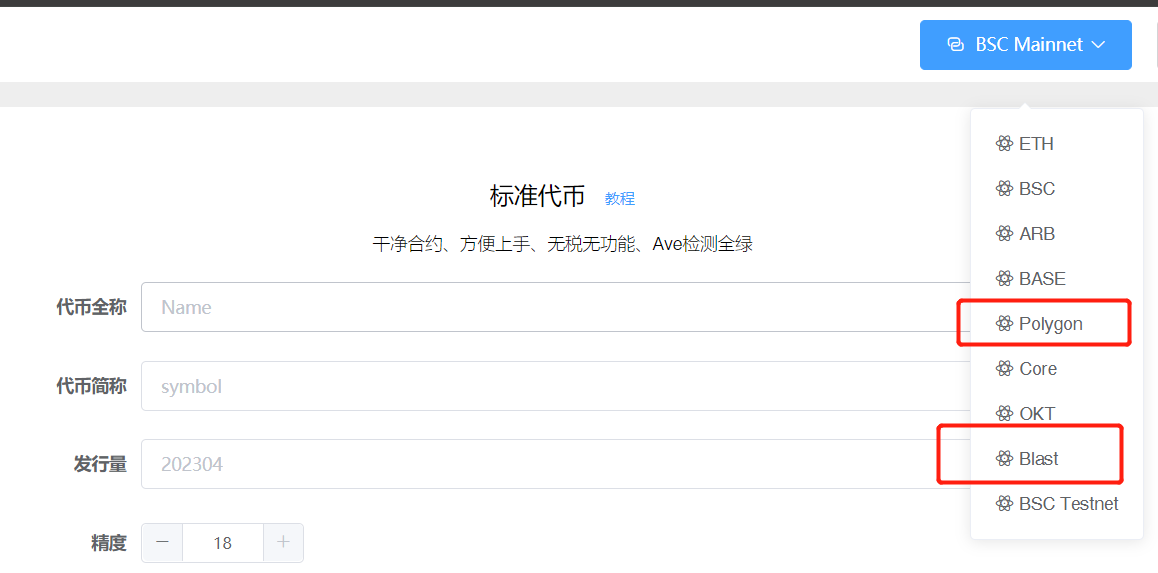
Open the PandaTool official website.
Connect the wallet and switch to the Blast or Polygon chain.
Find the one-click token issuance page.
Fill in token parameters, such as token name, abbreviation, quantity, etc.
Click "Create Contract," prompt the wallet, and pay the fee.
Data is uploaded to the chain, and token issuance is completed.
Undeniably, PandaTool's addition of support for Blast and Polygon's two public chains not only enriches user choices but also injects new momentum into the development of these two chains and the entire EVM ecosystem. With more users and projects joining, we look forward to seeing more exciting innovations and applications emerging on these public chains.
免责声明:本文章仅代表作者个人观点,不代表本平台的立场和观点。本文章仅供信息分享,不构成对任何人的任何投资建议。用户与作者之间的任何争议,与本平台无关。如网页中刊载的文章或图片涉及侵权,请提供相关的权利证明和身份证明发送邮件到support@aicoin.com,本平台相关工作人员将会进行核查。



